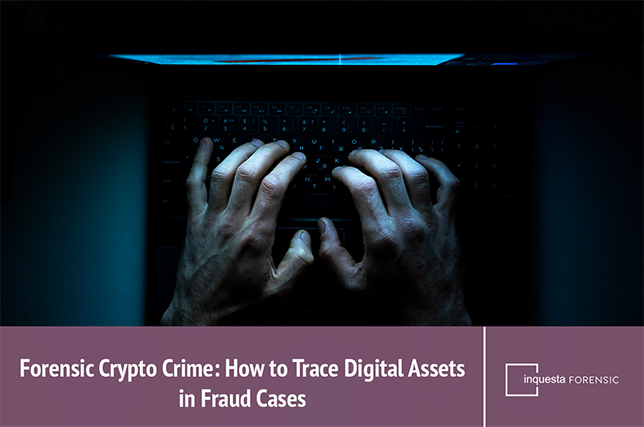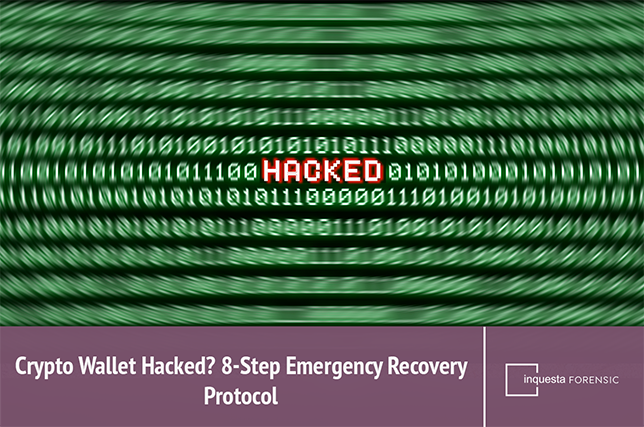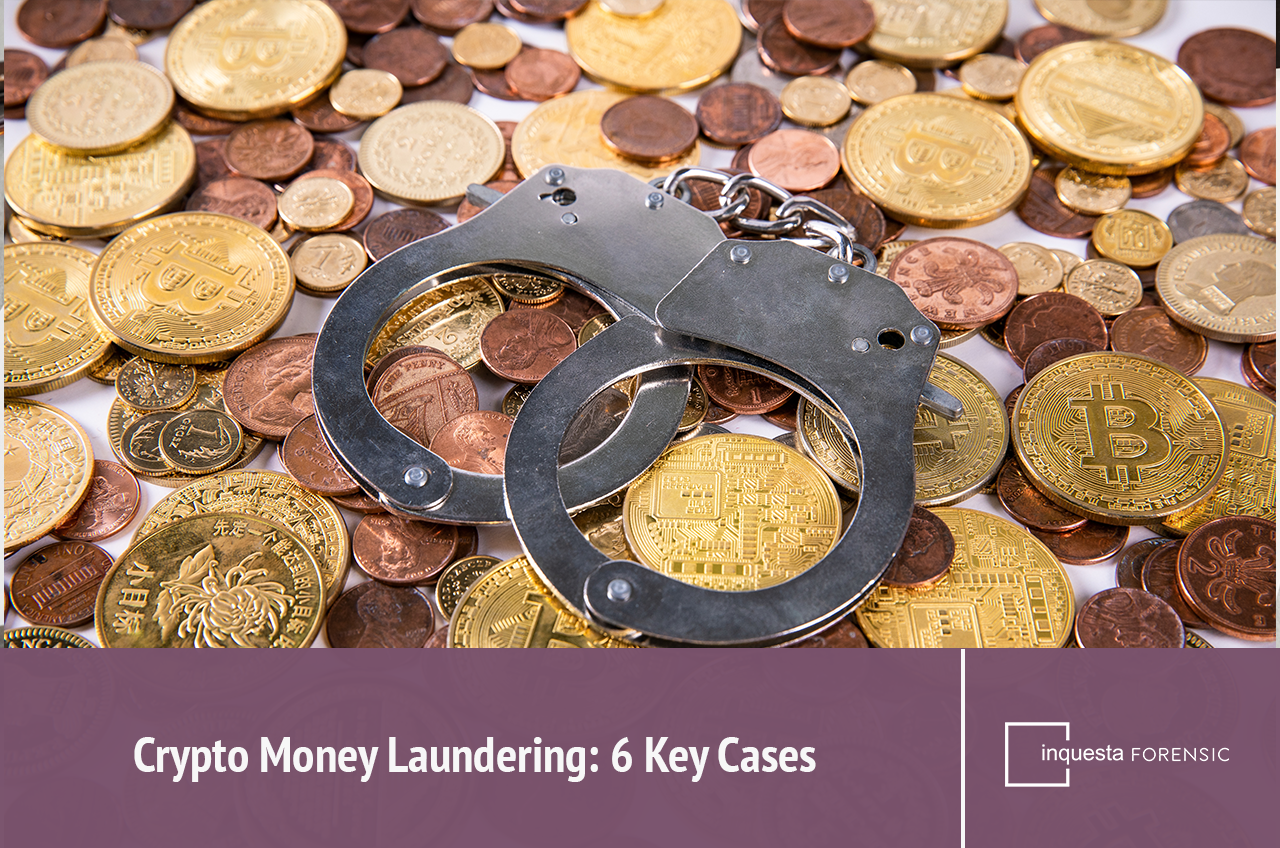Blockchain technology has rapidly become something of a buzzword in the world of digital transactions, finance, and even crime. Its promise of decentralised, secure, and above all else, transparent transactions has captured the attention of many. But what exactly is the blockchain, and how private are the transactions conducted on this innovative platform?
In this blog, we’ll delve into the basics of blockchain software, explore its myriad applications, and demystify the privacy aspects of blockchain wallets. Whether you’re a regular investor, a business owner, or a legal professional, understanding these core concepts is crucial.
What is Blockchain Software?
What exactly is the blockchain? At a core level, blockchain software is a digital ledger that securely records transactions across multiple computers. The name ‘blockchain’ refers to how the technology works: data is stored in ‘blocks’. With each block linked to the previous one, forming a ‘chain’. This chain ensures that, once data is recorded, it cannot be easily altered.
Blockchain technology underpins popular cryptocurrencies like Bitcoin and Ethereum.
The design of the blockchain maximises transparency and security, making it an ideal solution for various applications beyond simply digital currencies — which is what the technology is predominantly associated with — these alternative uses for blockchain software includes:
- Easily traceable and trackable supply chain management
- Efficient automation for smart contracts
- Keep healthcare patient data secure
- Provide a tamper-proof yet transparent voting mechanism
- Simplify the process of buying and selling property
- Secure registry of intellectual property rights, ensuring proper attribution and payment of royalties
- Faster and cheaper international money transfers
- Better detention and prevention of fraud
Blockchain software can be public, private, or hybrid. Public blockchains, like Bitcoin, are open to all. Conversely, private blockchains restrict access to a specific group of participants only. A hybrid network combines both, allowing for some data to be public, while keeping others private.

What is Blockchain Good For?
When considering what exactly is the blockchain good for, it’s important to recognise the several key features that make it extremely effective for a wide variety of applications. Thanks to attributes like decentralisation, security, transparency, and immutability, experts are falling over themselves to utilise the technology in new and innovative ways.
Here’s a closer look at exactly what the blockchain’s key benefits are, and what makes it an advantageous solution for a variety of different issues:
Decentralised
- Greater Resilience: By distributing all data across a network of different nodes, blockchain eliminates the potential for a singular point of failure in the chain. This ensures resilience against attacks.
- Authority Not Needed: Since transactions can occur directly between parties, a central authority or intermediary is not needed. This can cut costs and boost efficiency.
Secure:
- Cryptographic Protection: Transactions are secured utilising advanced cryptographic techniques. This makes it extremely difficult, if not impossible, for unauthorised parties to alter data.
Transparent:
- Public Ledger: In a public blockchain, all transaction data is readily available to anybody with access to the network. This goes a long way towards promoting transparency and accountability for all.
- Auditability: This transparent nature of blockchain technology allows for the easy auditing of transactions. This is key for ensuring compliance with regulations.
Immutable:
- Permanent Records: Once a transaction has been recorded on the blockchain, it cannot be altered or deleted. This immutability ensures a reliable historical record and chain of transactions.
- Tamper-Proof Transactions: The interconnected nature of blockchain blocks means that altering one block would require changing all subsequent blocks in the chain. This helps to ensure integrity.
Efficient:
- Streamlined: Blockchain can streamline a wide variety of processes as it eliminates the need for unnecessary intermediaries, reducing paperwork and speeding up transaction times.
- Cuts Costs: By way of automating and securing transactions, blockchain can reduce the costs often associated with manual processing and fraud.
Private and Anonymous
- Pseudonymity: While all transactions on the blockchain are transparent, the identities behind the transactions are not. This offers something of a balance between transparency and privacy.
Blockchain Wallet Privacy Explained
Blockchain wallets are digital tools that allow users to manage their cryptocurrencies. These wallets store the private and public keys necessary to access and manage your crypto assets. Blockchain wallet privacy is a complex issue, and will vary depending on the type of wallet and type of blockchain.
Public or Private
Public wallets are part of public blockchains. This means that transactions made from these wallets will be visible to anybody on the network. While the identities behind the wallet addresses are hidden behind pseudonyms, they still aren’t completely private. While incredibly difficult, with enough effort and skill, it can be possible for somebody to trace transactions.
Private wallets, on the other hand, operate totally on private blockchains (they may also act through other privacy-focussed technologies such as privacy coins like Monero or ZCash). Private wallets will naturally offer enhanced privacy features that make it much more challenging to link transactions to any one individual involved.
Ways to Enhance Privacy
There are some measures you may want to consider if you intend to maximise your blockchain wallet privacy, this includes:
- Crypto Mixers and Tumblers: There are some services out there designed to blend transactions from users to further obscure the trail of a transaction. While these will enhance privacy, they may also attract regulatory scrutiny down the line as a result of their potential use in fraudulent activity, including money laundering.
- CoinJoin: Coinjoin is a method of enhancing privacy by having a group of users combining their transactions into one pot. This is designed to make it as difficult as possible to discern the origin of the funds and each transaction within.
- Privacy Coins: As highlighted above, there are some cryptocurrencies out there designed with built-in privacy features. This is done to obfuscate all details of the transaction.
Legal and Ethical Considerations to Remember
While enhancing privacy for your transactions will have the obvious benefit of protecting the user’s data, it can also raise some legal and ethical concerns.
With digital currencies and blockchain technology still relatively new, regulatory bodies are doing their best to ensure that all privacy features are used with proper-intentions and are not utilised to facilitate any illegality.
Navigating Blockchain Privacy and Financial Crime Defence
With a greater understanding of what exactly the blockchain is, you will now be more aware of the unparalleled promise that comes with the technology’s decentralisation, security benefits, and its transparent nature — and how this has made it a cornerstone of modern digital transactions. However, the very features that have made it the go-to for the modern age, also make it intriguing for potential criminals.
The pseudonymous nature of blockchain transactions, coupled with inconsistent global regulations and rapid technological advancements, present a number of unique challenges for anybody accused of, or on the end of, cryptocurrency financial crimes.
Forensic accountants experienced in the field of cryptocurrency, like the team at Inquesta Forensic, can play a vital role in navigating these complexities. By leveraging our expertise in both traditional financial systems and in emerging digital technologies, we can help trace cryptocurrency transactions, compile detailed reports, and provide detailed expert evidence in legal proceedings. The meticulous approach implemented can be pivotal in proving innocence, as well as limiting your exposure to potential fraud.
Despite still being a new field, our team specialises in cryptocurrency financial crime defence and fraud investigations, and utilising advanced tools and forensic techniques to accurately and efficiently trace assets. Our comprehensive service includes collation of data, advanced analysis, and preparing meticulous court-ready reports. If you require assistance in this emerging field, our team is here to provide the guidance and expertise you need.
For more information about how we can help you, or to check out our variety of different services, get in touch with a member of our team today.
Disclaimer: This blog is for informational purposes only and does not constitute legal advice. Always consult with a professional for specific advice related to your situation.
- Your Partner’s Been Convicted: Can They Take Your House? What Section 10a POCA Means For You
- The Essential Role of Forensic Accounting in High Net Worth Divorce
- How to Value a Startup Business: A Guide for UK Entrepreneurs
- Pig Butchering Scams: Guide to Crypto Romance Fraud
- Shareholders’ Disputes: How Business Valuation Helps with Shareholder Dispute Resolution










